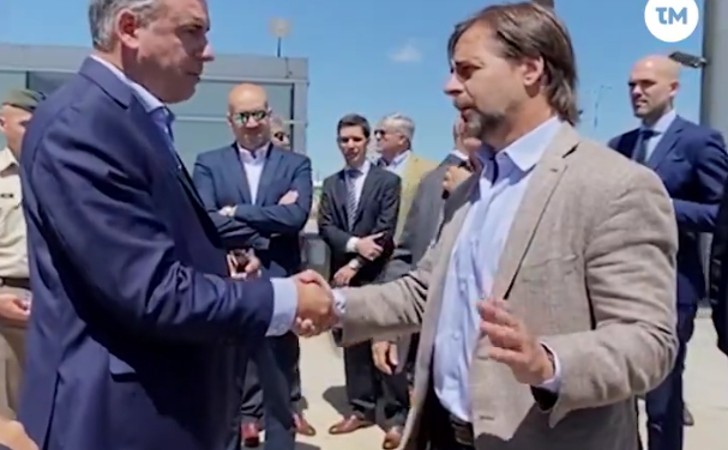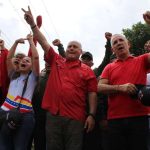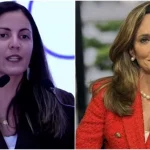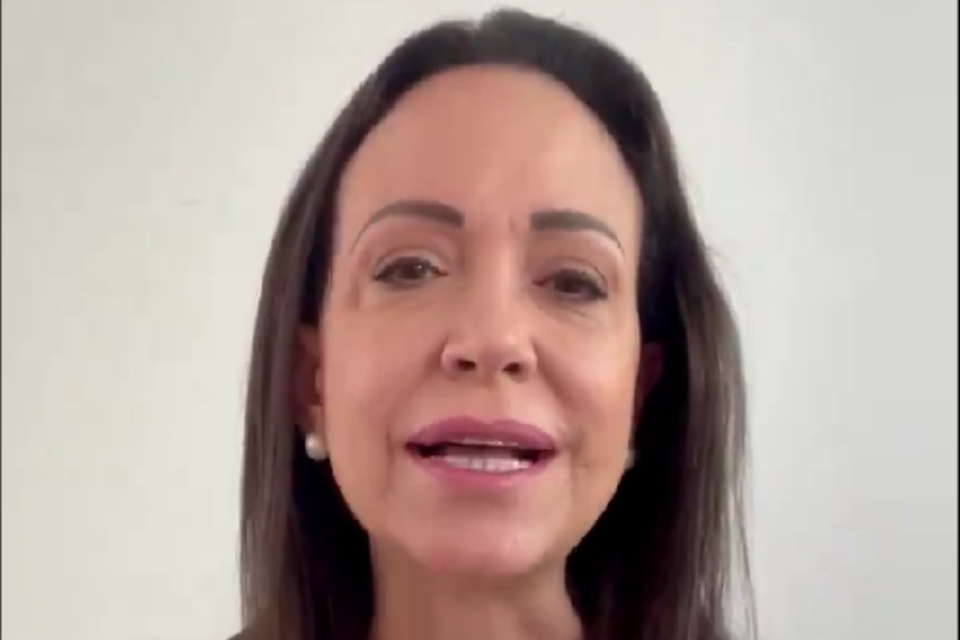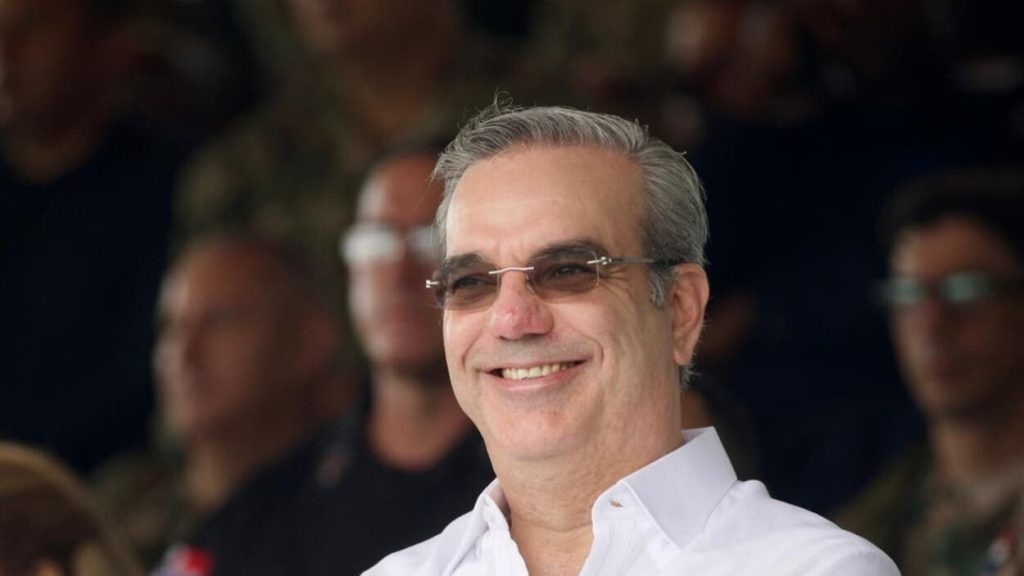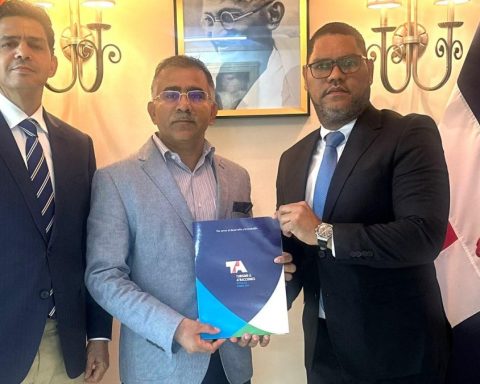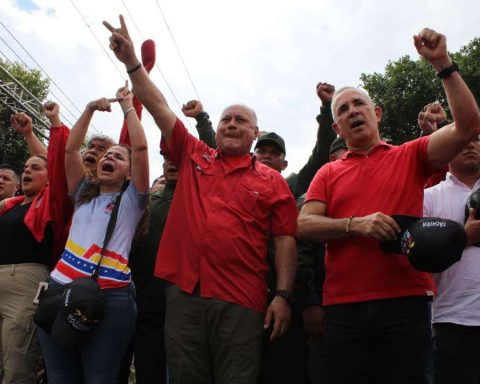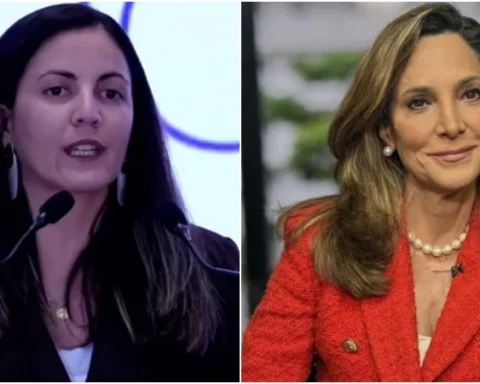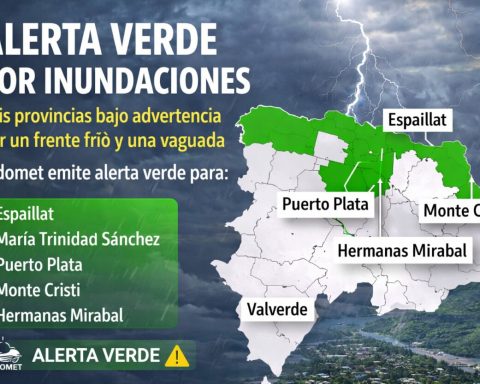
The President of the Republic, Luis Lacalle Pou, vetoed the controversial article 72 of the Media Law, a decision that has generated a series of reactions in the Uruguayan political sphere.
This article, promoted by Cabildo Abierto (CA) and approved by Parliament, was seen by many as a threat to freedom of expression and was widely criticized for promoting media concentration.
Frente Amplio (FA) presidential candidate Yamandú Orsi commented on the matter, describing the president’s action as “a kind of relief.” During a press conference on Saturday, Orsi, accompanied by his running mate Carolina Cosse, argued that the veto was a necessary measure to counter what he perceived as a potentially greater risk to information diversity.
“It has edges that do not resolve and favor concentration”Orsi pointed out emphatically, addressing the possible implications of the unveiled legislation. According to his analysis, the approval of the article could have resulted in a negative impact on the country’s media ecosystem, consolidating the power of a few actors and limiting the plurality of voices in the information spectrum.
Lacalle Pou vetoes an idea of an Open Town Hall for the third time
The justification for the presidential veto, according to several media outlets, maintains that the article in question imposed “an obligation incompatible with freedom of expression”also violating the freedom of industry, commerce or profession.
This regulation imposed restrictions on the media regarding the way they communicated and the types of content that should be broadcast, introducing terms such as “serious”, “complete”, “impartial”, and “balanced” within a regulatory framework considered excessively restrictive.
“The content of the article does not comply with the Constitution of the Republic or with the norms of international law,” the veto document states.thus highlighting its conflict with the higher regulatory framework.
The veto, the third by Lacalle Pou in relation to initiatives of the Open Councilreinforces the position of the president, who calls himself liberal, but makes his relationship with Guido Manini Ríos more bitter
In the Executive Tower they maintain that the ministers of Cabildo Abierto, Karina Rando and Raúl Lozano, have the possibility of not signing the presidential veto, which is a gesture that shows the division of the Executive regarding this initiative.
Lacalle Pou had previously vetoed the Forestry Law and an article on Accountability that restricted the professional practice of former criminal prosecutors.
The president had received notification of the approval of the Media Law and proceeded to draft the veto, announcing that it would be sent to Parliament between Thursday and Friday. Although the full arguments of the presidential resolution have not yet been revealed in detail, this action underlines the insistence on protecting information diversity and the autonomy of the media.
Article 72 established that citizens had the right to receive “complete, impartial, serious, rigorous, plural and balanced” political communication. The legislation established specific obligations for broadcasting services, imposing a rigorous framework, which was quickly identified as controversial and difficult to implement in practice.
The law exempted some spaces for partisan and associative communication, although this did not mitigate concerns about the effect it could have by placing a regulatory burden on the media. After the veto of the article, it remains to be seen how media legislation will be redefined in the Uruguayan context, considering the conflicting interests of the different political groups and the needs of citizens to receive careful and diversified information.
